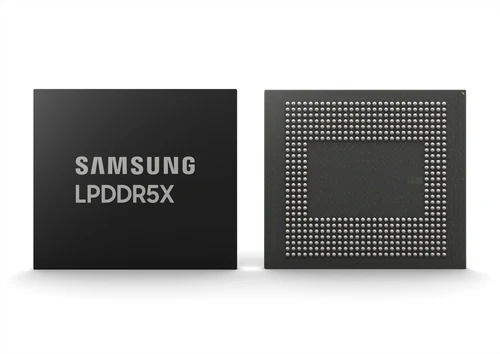The upcoming Samsung Galaxy S25 series is set to feature a significant shift in its supply chain, with overseas companies increasingly taking on roles traditionally held by domestic Korean suppliers. This trend, impacting key components like application processors (APs), memory, PCBs (periodic plates), and cameras, raises concerns about the competitiveness of the domestic tech industry.
Qualcomm Snapdragon Takes the Lead
The Galaxy S25 series will exclusively feature the Qualcomm Snapdragon 8 Elite AP. This marks a return to a fully Qualcomm-powered flagship line after the Galaxy S23 series. The previous Galaxy S24 models had a mix of Qualcomm and Samsung's Exynos APs. However, production issues with Samsung's Exynos 2500 chip led to Qualcomm securing the full supply for the S25.
Overseas Suppliers for PCBs
The situation also extends to PCBs. Chinese company Fastprint has secured a major contract to supply high-density multi-layer substrates (HDI) for the Galaxy S25, reportedly covering approximately 10 million out of the 30 million units produced. Samsung had previously used multiple PCB suppliers, including Korean companies like Koreasilit and Dieppe, but the late decision to move fully to Qualcomm's AP caused delays and loss of orders for these domestic suppliers.
Micron Takes Center Stage for Mobile DRAM
In a further blow to domestic suppliers, Micron has secured the majority of the mobile DRAM supply for the Galaxy S25, rather than Samsung. The S25 uses LPDDR5X memory, but Samsung shifted from a 12nm to a 13nm manufacturing process for improvements. Issues with this process change resulted in the loss of the main supply order.
Technical Challenges and Supply Chain Diversification
While it is common for smartphone manufacturers to use multiple suppliers for supply chain stability and cost competition, the increased reliance on overseas suppliers raises concerns about technical capabilities of domestic suppliers. The issue is that Korean companies aren't just losing on price, but are also losing out on technology. It is particularly worrying that this pattern is emerging for key, high-tech components. It raises questions about the ability of Korean companies to maintain competitiveness in the face of global market dynamics.
It is important to note that Samsung has resolved issues with the LPDDR5X process and is working to increase supply and regain lost orders for future models.



